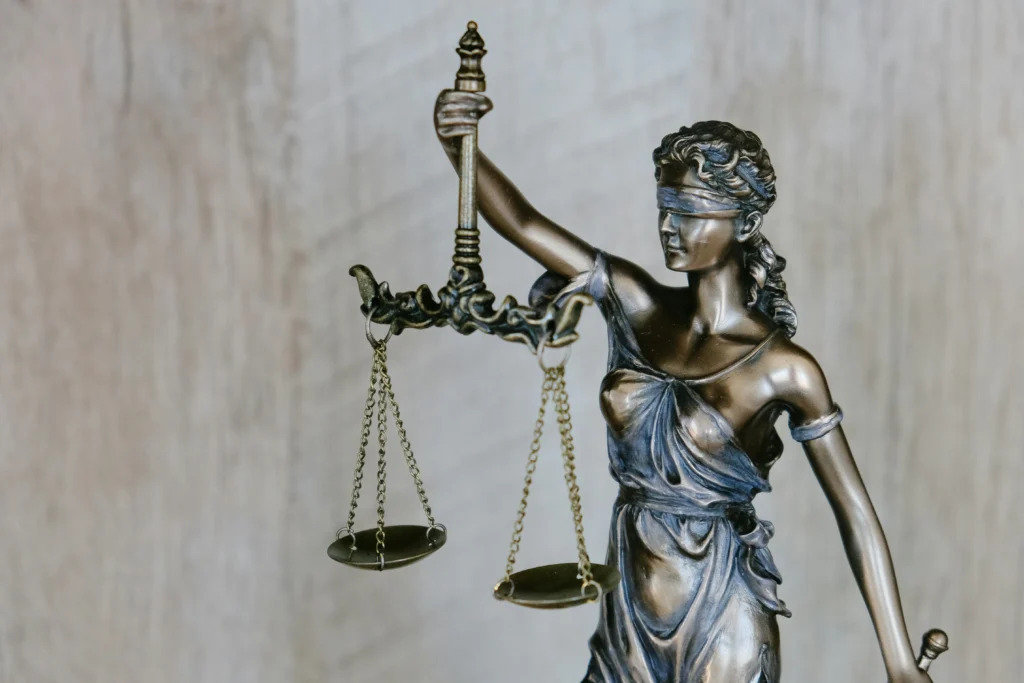The opioid crisis has left an indelible mark on society, claiming the lives of hundreds of thousands and devastating families, communities, and economies. Amid this public health emergency, pharmaceutical companies and policymakers have faced intense scrutiny and legal battles.
Purdue Pharma’s bankruptcy case underscores the challenge of holding corporations accountable for their role in the opioid crisis. Meanwhile, lawsuits over Suboxone’s alleged dental side effects highlight new legal battles faced by those impacted by addiction treatments.
Purdue Pharma and the Sackler Family: A Contentious Legal Saga
At the heart of the opioid epidemic lies Purdue Pharma, the maker of OxyContin. The company has been accused of falsely marketing OxyContin as non-addictive, significantly contributing to widespread opioid misuse. The crisis has claimed over half a million lives, according to The Guardian.
Purdue filed for bankruptcy in 2019 after facing thousands of lawsuits from individuals, states, and local governments.
The controversy deepened with a proposed $8 billion bankruptcy settlement that included a $6 billion contribution from the Sackler family, Purdue’s owners. In exchange, the Sacklers sought immunity from future opioid lawsuits despite moving $11 billion in company profits to personal accounts before the bankruptcy.
Reuters reports that recently the U.S. Supreme Court struck down this arrangement in a 5-4 decision. Justice Neil Gorsuch stated that bankruptcy law does not permit such a shield for non-bankrupt parties.
Implications of the Supreme Court Ruling:
- The decision has delayed the distribution of funds intended for addiction treatment and community support programs.
- It underscores the need to hold individuals accountable for profiting from harmful practices. This remains true even when they use legal mechanisms to shield themselves.
- Critics, including some overdose victims’ families, praised the ruling as a step toward justice, while others lamented the additional delays in securing much-needed resources.
As Purdue Pharma works to renegotiate a settlement, the opioid crisis continues unabated, with over 100,000 opioid-related deaths annually in the United States.
What is OxyContin, and how does it relate to the opioid crisis?
OxyContin is a prescription painkiller containing oxycodone, a potent opioid. It was introduced in the 1990s as a long-acting medication to manage severe pain. However, it became widely misused, leading to addiction, overdose deaths, and the broader opioid crisis.
Suboxone Lawsuits: A New Chapter in Opioid Litigation
While Purdue Pharma’s case has drawn significant attention, Suboxone lawsuits highlight another facet of the opioid crisis. Suboxone, a combination of buprenorphine and naloxone, is commonly prescribed to mitigate withdrawal symptoms. However, its sublingual film formulation has come under fire for allegedly causing severe dental issues, including tooth decay, erosion, and loss.
Key allegations in Suboxone lawsuits as reported by TorHoerman Law:
- Plaintiffs claim that Suboxone’s acidic formulation damages teeth when dissolved under the tongue.
- They argue that manufacturers failed to adequately warn patients and healthcare providers about these risks.
- For many recovering addicts, dental injuries have compounded their struggles, leading to significant financial and emotional burdens.
In February 2024, the U.S. Judicial Panel on Multidistrict Litigation consolidated 26 Suboxone lawsuits in the Northern District of Ohio. By December 2024, that number had grown to over 700 cases. Both attorneys and plaintiffs are seeking quick legal resolution and responsibility from the drug manufacturers.
What should individuals do if they face dental issues from Suboxone?
Those who have suffered dental issues after using Suboxone should reach out to an attorney. A lawyer with expertise in mass torts or product liability can assess whether they have a legitimate case. It is crucial to seek legal counsel promptly, as statutes of limitations may impact the ability to file a lawsuit.
Broader Lessons from Opioid Litigation
The legal challenges stemming from the opioid crisis highlight several critical themes:
Accountability Beyond Bankruptcy
Purdue Pharma’s case underscores the importance of holding individuals, not just corporations accountable for their roles in public health crises. The Supreme Court’s ruling reflects a growing resistance to corporate strategies that prioritize shielding assets over compensating victims.
Emerging Risks with Recovery Medications
Suboxone lawsuits illustrate the unforeseen complications that can arise even with medications designed to address opioid addiction. These cases emphasize the need for robust drug safety evaluations and transparent communication of risks to patients.
The Intersection of Public Health and Law
Legal proceedings like those involving Purdue and Suboxone serve as a stark reminder of the delicate balance between public health priorities and legal redress. While lawsuits aim to secure justice for victims, they can also delay essential resources and reforms.
Calls for Swift Action
Advocates and legal experts stress the urgency of resolving these cases to fund addiction treatment and support programs. Ryan Hampton, an advocate for addiction recovery, stressed the need for swift negotiations that prioritize the victims’ needs.
Similarly, Regina LaBelle, the former acting director of the Office of National Drug Control Policy, has also expressed her views on the issue.
She argues that the Sackler family could begin compensating victims right away. This compensation could come from their personal wealth, independent of the ongoing legal proceedings, NPR reports.
The opioid epidemic represents one of the most devastating public health crises in recent history. The accompanying legal battles reveal the complexities of addressing such widespread harm.
From Purdue Pharma’s bankruptcy saga to the emerging Suboxone litigation, these cases highlight the importance of accountability, transparency, and timely justice. As the legal system grapples with these challenges, the ultimate goal remains clear: delivering justice to victims and preventing future tragedies.

